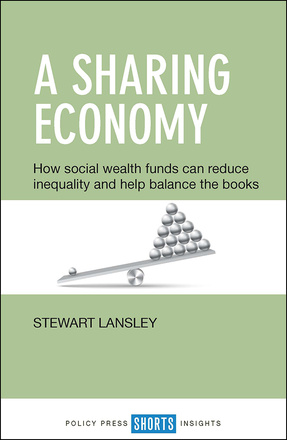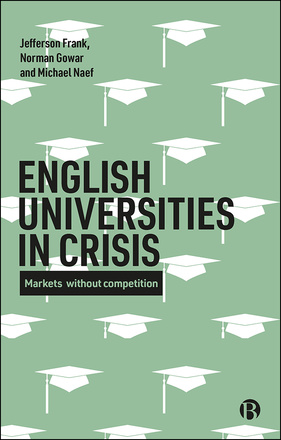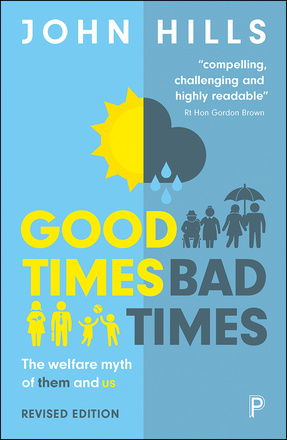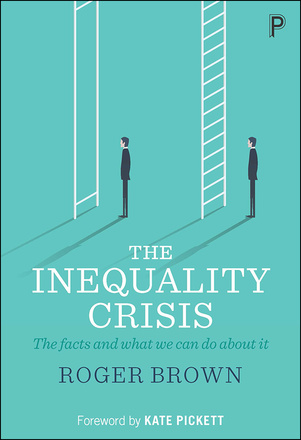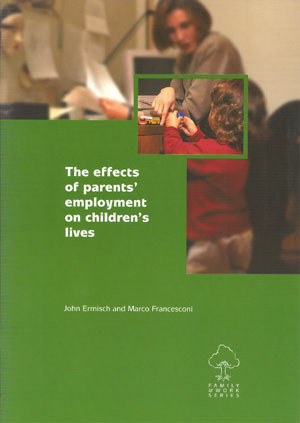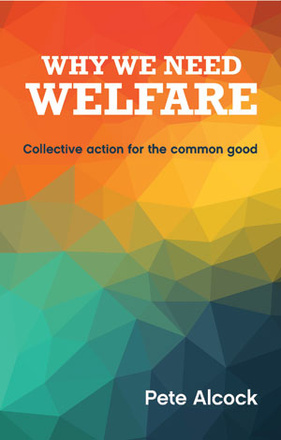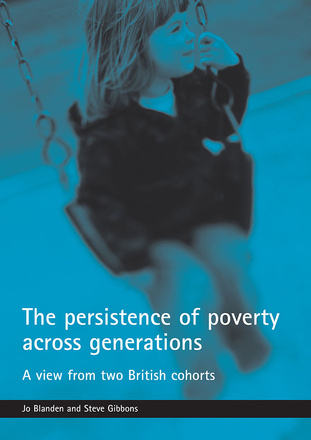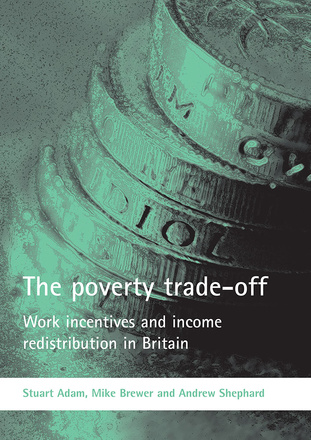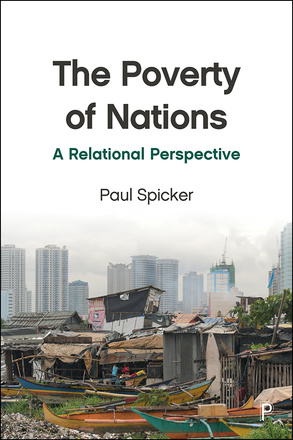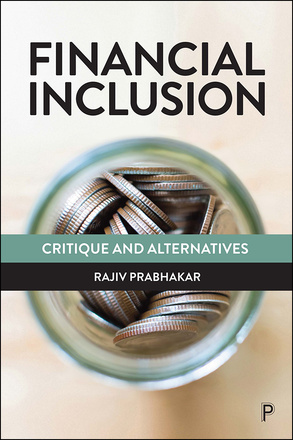Health, Education and Welfare Economics
A Sharing Economy
How Social Wealth Funds Can Reduce Inequality and Help Balance the Books
A Sharing Economy proposes radical new ways to close the UK’s growing income gap and spread social opportunities. A new social wealth fund would boost economic and social investment and simultaneously strengthen the public finances and offer a powerful antidote to austerity.
The Kindness Fix
How and Why We Must Build a More Compassionate Society
The help we give to others can be more effective and more just if we cultivate greater levels of compassion. Jason Wood reviews the research and talks to experts from across the world to make the moving case for greater compassion in public life.
English Universities in Crisis
Markets without Competition
Student fees have saddled graduates with enormous debt, satisfaction rates are low, a high proportion of graduates are in non-graduate jobs, and public debt from unpaid loans is rocketing. This timely and challenging analysis gives robust new policy proposals to encourage excellence and ultimately benefit society.
Good Times, Bad Times
The Welfare Myth of Them and Us
This revised edition uses extensive updated research and survey evidence to challenge the view of 'skivers versus strivers', showing how much our lives vary not just as we age, but from week-to-week and year-to-year.
The Inequality Crisis
The facts and what we can do about it
Inequality has at last taken centre stage in the political discourse, but there is very little to explain the inequality debates and to offer solutions for the UK. This introductory book provides a comprehensive survey of all the available evidence, looking at both sides of the inequality argument.
The effects of parents' employment on children's lives
This report examines links between parents' employment patterns while raising children and what happens when those children become young adults. Some of its findings carry important implications for public policy and for further research. A number are likely to prove controversial, arousing public debate concerning their meaning and relevance.
Why We Need Welfare
Collective Action for the Common Good
Explains the challenges that collective welfare faces, and explores the complexities involved in delivering it, including debates about who benefits from welfare and how and where it is delivered.
The persistence of poverty across generations
A view from two British cohorts
The recent focus on reducing child poverty stems mainly from worries about the future consequences of poverty on children's later achievement. This report explores the link between childhood poverty and poverty later in life, and asks whether this link has grown stronger or weaker in recent decades. Free PDF available at www.jrf.org.uk
Household spending in Britain
What can it teach us about poverty?
Much of the recent policy debate surrounding poverty in Britain focuses on income as a measure of living standards. In this report we consider one alternative to income for measuring poverty that has been largely overlooked in the mainstream poverty debate in the UK: namely household expenditure. Free PDF version available at www.jrf.org.uk
The poverty trade-off
Work incentives and income redistribution in Britain
Two strategies that governments have to help people on low incomes - providing them with financial support directly, and encouraging them to earn more - generally conflict. This report provides new evidence on the trade-off between redistributing income and improving work incentives.
FREE PDF version available online at www.jrf.org.uk
The Poverty of Nations
A Relational Perspective
This book examines poverty in the context of the economy, society and the political community, considering how states can respond to issues of inequality, exclusion and powerlessness. Drawing on examples in both rich and poor countries, this is an accessible contribution to the debate about the nature of poverty and responses to it.
Financial Inclusion
Critique and Alternatives
Rajiv Prabhakar brings together the typically exclusive views of supporters and critics to present a nuanced, critical analysis of ‘financial inclusion’. Addressing issues including the ‘poverty premium’, financial capability and housing, this dialogue advances crucial public, academic and policy debates and proposes alternative paths forward.







